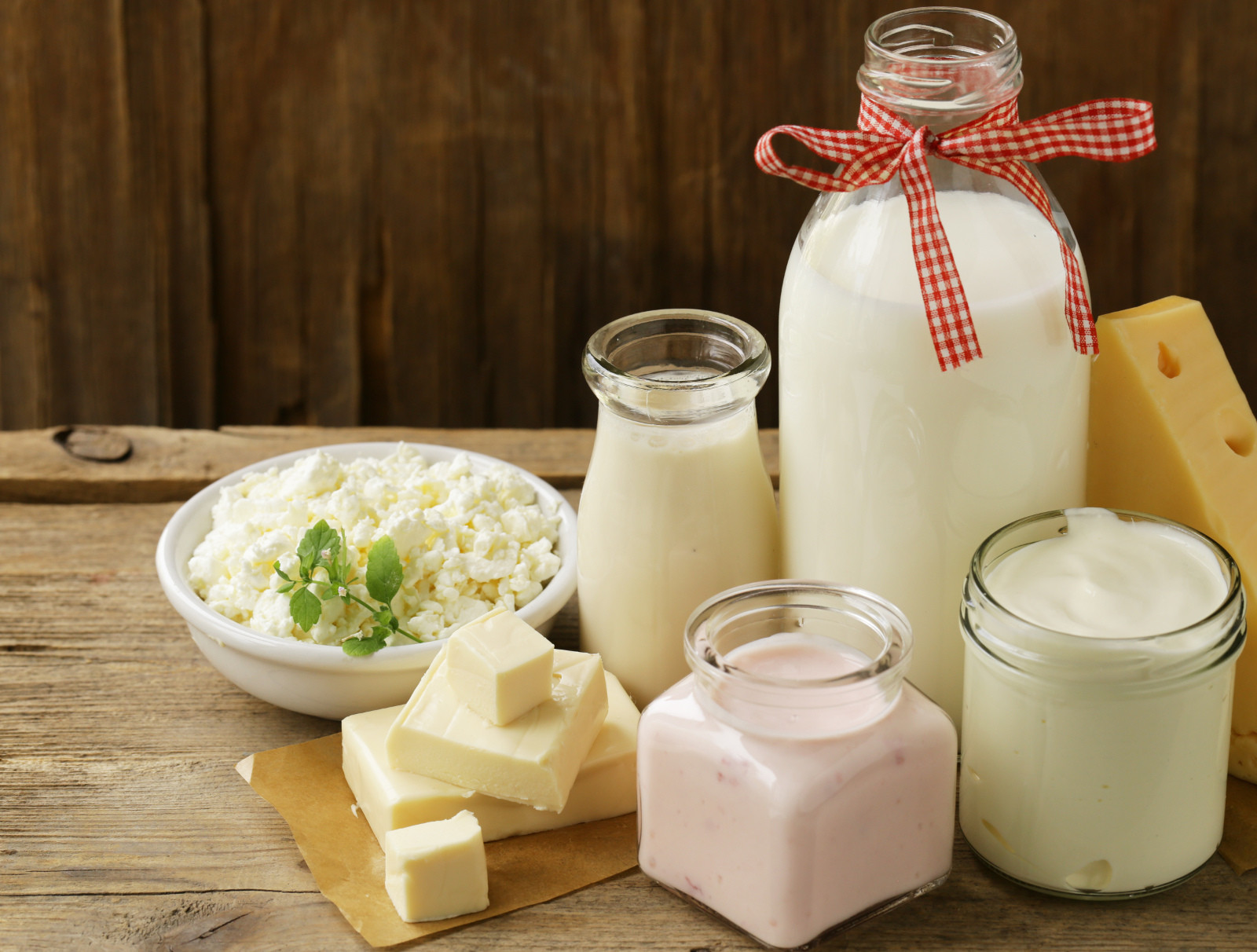- Sign in
- Explore
-
Destinations
-
Region
- Africa
- Antarctica
- Asia
-
Europe
- Albania Tours
- Armenia Tours
- Austria Tours
- Bosnia Tours
- Bulgaria Tours
- Croatia Tours
- CzechRepublic Tours
- Denmark Tours
- England Tours
- France Tours
- Germany Tours
- Greece Tours
- Hungary Tours
- Iceland Tours
- Ireland Tours
- Italy Tours
- Latvia Tours
- Montenegro Tours
- Norway Tours
- Poland Tours
- Portugal Tours
- Romania Tours
- Scotland Tours
- Slovenia Tours
- Spain Tours
- UK Tours
- Ukraine Tours
- Latin America
- Middle East
- North East US
- South East US
- South Pacific
- South West US
- West US
- Interest
-
Region
- Last Minute Deals
- Safaris
- Flight
- Cruises
- Travel Inspiration
- Travel Shop
- World's Best
- Latest Trends
- Destination Of The Year
- Post
- Subscribe
- Start Planning
Am I eating right? A guide to balance diet

A Wholesome healthy diet is one that maintains and improve overall health, which can be achieved by proper nutrition intake. For proper nutrition one should eat a balanced diet. A balanced diet is a key to a Healthy lifestyle which gives your body the nutrients it needs to function properly. If you want to lead a Salubrious lifestyle, eating healthy is crucial. You need to know what to eat and what to avoid in order to be fit and healthy. A balanced diet is not at all about eating right food but having them at the correct time and in the right proportion. No diet is complete without a set pattern and set amount of food elements. A balanced diet should maintain the balance of carbohydrates, fiber content, water, protein fats, vitamins, and minerals. This guide will help you to follow a properly balanced diet.
Carbohydrates/Starchy Food in Balanced Diet

Carbohydrates are common sources of energy in Living Organism. It is wise to choose the required amount of Carbohydrates needed for the body because they are highly controversial. The main type of dietary carbohydrates is sugar, starch, and fiber. Fiber helps the body to get rid of waste products. Carbohydrate and starchy foods such as potatoes, pasta, rice, and cereal should generally be the size of a fist in their intake. To maintain good health, your body needs whole foods and regular physical activity to convert food into energy. Try to choose whole grain or a wholemeal variety of starchy foods. Like for e.g. Boiled potatoes with its skin, Brown bread and multigrain bread is a good source of vitamin and mineral. They are also a good source of fiber. A bowl full of cooked rice or Durum wheat pasta (rich in iron content and Vitamin B).
Fruits and vegetables: 5 per day formula for Balanced Diet

Maximize the intake of fresh fruits and vegetables in your daily diet. Intake of fresh fruits and vegetables will help avoid many health disorders. Fresh fruits are a very good source of fiber. One should avoid consuming overcooked vegetables and canned fruits. One should follow the 5 per day formula i.e. eating 5 portions of fruits and vegetable daily. Reaching 5 portions per day can seem daunting, but it can be easy to incorporate this into your daily diet if you share them between the meals.
Like for e.g.
Add a handful of strawberries and some banana slices in cereals for the breakfast. A bowl of green vegetable salad (lettuce, cucumber, garden asparagus, broccoli) with some cubes of apple and pear is a good idea before lunch. You can replace your dessert with berries (raspberries, blueberries) Vegetable soup for dinner is always suggested. You can swap your evening biscuit for a tangerine or a peach.
Water: 8 glasses per day formula for Balanced Diet

Keeping hydrated is crucial for health and well-being but many people do not consume enough water each day. Our body is 60 to 80% water; therefore, water plays a very vital role in proper functioning of the body. Water aid digestion. Lack of water in the body leads to constipation. Water maintains body fluids. The functions of these bodily fluids include digestion, absorption, circulation, the creation of saliva, transportation of nutrients, and maintenance of body temperature. One should drink at least 8 glasses (2-3 Liters) of water per day. Your weight is one of the variables that change the amount of water you should be drinking. According to the rule of thumb equation described in the US News and World Report:
CALCULATION: Your Weight × 0.5 = oz of water per day
In short, the equation tells you to take half your body weight and drink that amount in ounces of water.
Milk & Dairy Products

Milk and dairy products are a major source of calcium and protein. A daily intake of 3 glasses of skim milk is sufficient to meet your daily milk requirement. Our body needs a healthy number of good bacteria in the digestive tract and yogurts are made using good bacteria.Natural yogurt can be a low-calorie, high-nutrient food packed with protein. It is also rich in calcium, vitamin B-2, vitamin B-12, potassium, and magnesium. One should incorporate cheese into the diet. Cheese has merits, including its bone-building calcium.It's a source of conjugated linoleic acid (CLA), a fat that may have anti-cancer, weight-reducing, and heart-protective effects. Cheese is an excellent food for gaining weight as it is full of proteins, fats, calcium, vitamins, and minerals.
The U.S Department of Agriculture’s Food Guide Pyramid recommends:-
-
1 cup of milk (250ml)
-
8 oz of yogurt (250g)
-
1.5 oz of natural cheese (eg; cheddar)
-
2 oz of processed cheese,
in your daily diet.
Protein:

Protein is an essential component of your diet. It helps us to repair damaged body cells and prepare new cells. The recommended dietary allowance of protein is 0.8 gram per kg body weight per day. Sources of protein (plant) include Soybean, legumes, nuts, seeds while the sources of protein (animals) Include Meat, poultry, egg, fish, dairy.
Vitamins & Minerals:
Vitamins and minerals are essential nutrients that your body needs in small amounts to work properly.
Note:
It is best to keep sugar salt and fats to a minimum, although, these ingredients are all important for your body in small quantities
Tour Price
Our private tours typically range from $500 - $1000 per person/per night depending on chosen hotels and room categories, vehicles used, types of tours, flight cost, time of year and other factors. Make an inquiry for a customized trip quote.
Learn more about leisure plans
